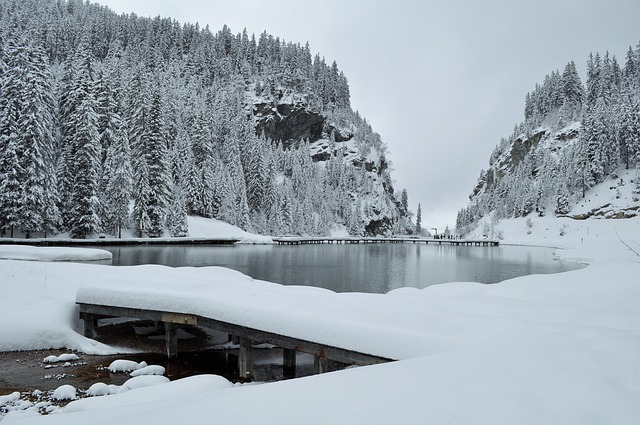Les avantages de transformer sa résidence principale en Airbnb
1. Revenus supplémentaires
L'un des avantages les plus évidents de transformer sa résidence principale en Airbnb est la possibilité de générer des revenus supplémentaires. Vous pouvez louer votre espace lorsque vous ne l'utilisez pas, que ce soit pendant les vacances, les week-ends ou même à temps plein si vous avez une autre résidence.
2. Flexibilité
Airbnb offre une grande flexibilité. Vous pouvez décider quand votre logement est disponible à la location, fixer vos tarifs, et accepter ou refuser les réservations en fonction de vos préférences. Cette flexibilité vous permet de gérer votre activité en fonction de vos besoins et de votre emploi du temps.
3. Interaction avec des voyageurs
Si vous êtes sociable et que vous appréciez de rencontrer de nouvelles personnes, l'interaction avec des voyageurs peut être un avantage majeur. Vous aurez l'opportunité de rencontrer des personnes du monde entier et de partager votre culture avec elles.
4. Possibilité de voyager
En tant qu'hôte Airbnb, vous avez également la possibilité de voyager en utilisant la plateforme. Vous pouvez échanger des séjours avec d'autres hôtes ou utiliser les revenus de la location pour financer vos propres voyages.
5. Moins de pression pour trouver des locataires
La pression pour trouver des locataires est moindre lorsque vous optez pour la location de votre résidence principale, car, dans la plupart des cas, l'inoccupation de votre espace n'entraînera pas de pertes financières significatives.
Si votre location à court terme n'est pas réservée pendant quelques semaines, cela a moins d'impact sur votre situation financière par rapport à un investissement locatif traditionnel.
Les inconvénients de transformer sa résidence principale en Airbnb
1. Contraintes réglementaires
En France, la location de sa résidence principale sur des plateformes telles qu'Airbnb est soumise à des réglementations locales. Il est essentiel de se conformer à ces règles, qui peuvent inclure des limites de location à court terme, des taxes locales et d'autres exigences légales. Les sanctions pour non-respect de ces règlements peuvent être sévères. Vous ne pourrez pas dépasser les 120 jours.
2. Usure et dégradation
Une utilisation continue de votre résidence principale pour des locations peut entraîner une usure accrue de la propriété. Les voyageurs peuvent causer des dégâts ou des dommages accidentels, et vous devrez peut-être investir davantage dans l'entretien de votre logement.
3. Gestion constante
La gestion d'une propriété Airbnb nécessite du temps et de l'effort. Vous devrez vous occuper de la correspondance avec les voyageurs, de la préparation de la maison entre les séjours, du nettoyage, de la gestion des commentaires, etc. Cela peut devenir une charge de travail importante, surtout si vous avez d'autres engagements.
4. Perte d'intimité
Accueillir des étrangers chez vous signifie que vous devrez partager votre espace, ce qui peut entraîner une perte d'intimité. Si vous êtes une personne qui tient à sa vie privée, cette situation peut être inconfortable.
Conclusion
Transformer sa résidence principale en Airbnb comporte à la fois des avantages et des inconvénients. Avant de prendre une décision, il est essentiel d'évaluer votre situation personnelle, vos besoins financiers, et les réglementations locales. Si vous décidez de franchir le pas, assurez-vous d'être bien informé et préparé à gérer les aspects logistiques et administratifs. Une bonne gestion peut faire de l'expérience Airbnb une source de revenus intéressante, tout en minimisant les inconvénients potentiels.
En fin de compte, la décision de transformer sa résidence principale en Airbnb dépendra de votre confort à partager votre espace, de votre tolérance aux contraintes réglementaires, et de votre désir de générer des revenus supplémentaires. Pour certains, c'est une opportunité passionnante, tandis que d'autres préfèrent préserver l'intimité et la quiétude de leur foyer.





